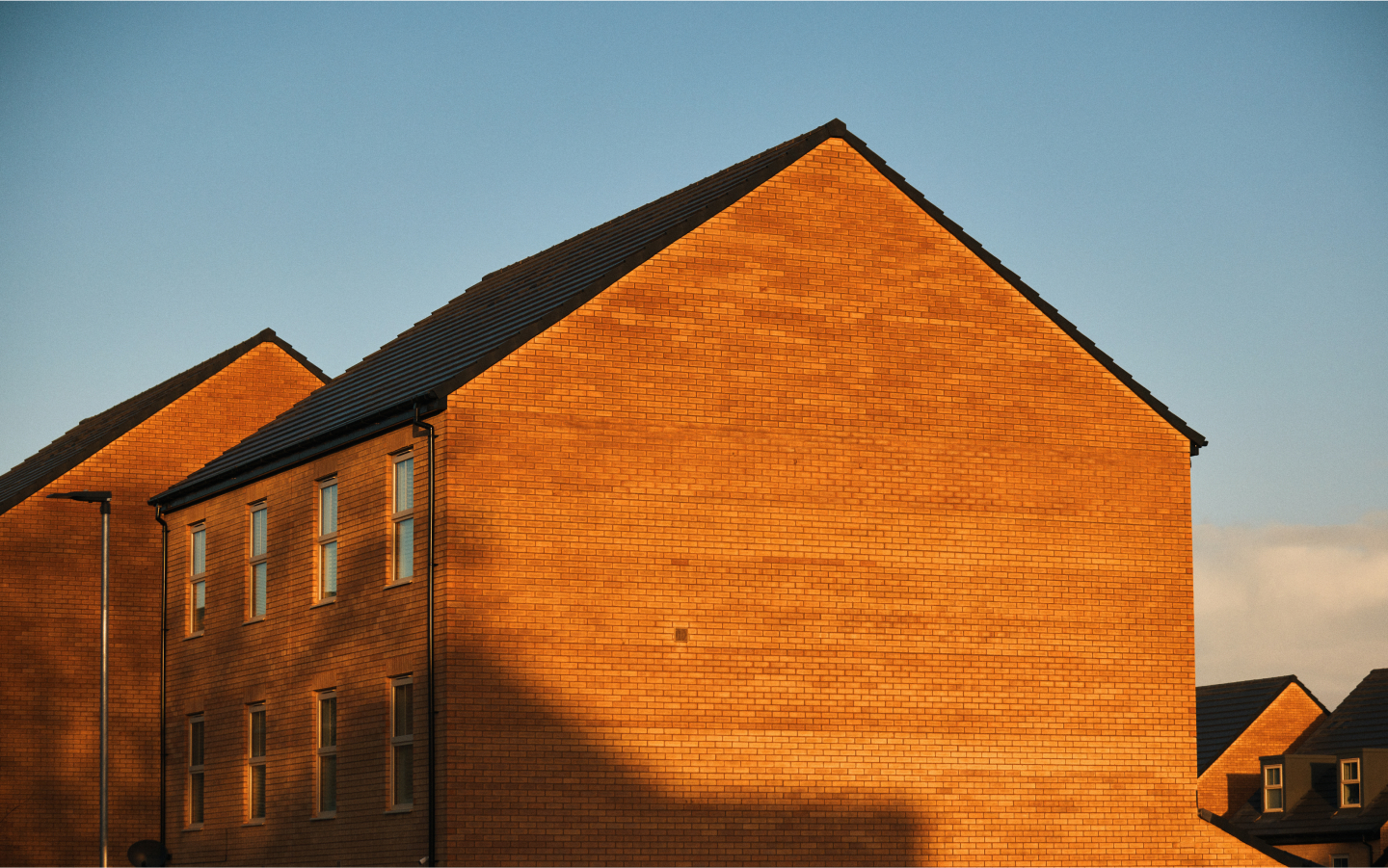The cost for buying a house


When you see contemporary new build homes that look like the properties you’d build yourself if you could, you’re bound to find a home that you’ll want to buy right away. But like with most purchases, there are costs you might be unaware of before buying a home, which is why we’ve created this informative guide.
So, what are the costs involved in buying a house exactly? This article tells you everything you need to know about the average house-buying fees you should prepare for, and so much more.
To buy a new build home, having money saved for the upfront costs you’ll face is really important. However, if you’re new to getting on the property ladder, you might not know what these upfront costs for buying a house will involve. So, what are the upfront payments associated with buying a home?
A deposit – the money you put towards the cost of a home - is one of the key costs involved in buying a house. You’ll likely know about this initial cost because it’s what you’ll use to win over home sellers! Typically speaking, the larger deposit you pay on a property, the lower your interest rate will be, and the more appealing you are to a mortgage lender.
To buy a home, you’ll need a minimum 5%-20% deposit, so this cost you’ll need to factor into your property budget in advance.
If you’re purchasing a property in the UK that’s more than £250,000, you will pay for Stamp Duty – this is a type of tax paid to the government for a piece of land, or a freehold/leasehold home. This impacts your savings and what they will be spent on when buying a new build property, so it’s a cost you’ll need to account for.
New builds for first-time buyers come with many advantages, and being exempt from paying Stamp Duty is one of them, so long as the property you want to buy is within a certain price threshold.
Essentially, Stamp Duty costs don’t apply if you’re a first-time buyer, which helps keep costs low when you’re taking your first steps on the property ladder. Instead, you will be exempt from Stamp Duty payments on homes up to £425,000, and you’ll only pay 5% on the portion between £425,001 and £625,000. This rule came into effect in September 2022, but it does mean that if you already own a house, you won’t qualify for the Stamp Duty exemption.
A valuation fee is where a mortgage lender will assess the value of the home you’re interested in to determine how much they are prepared to lend you. A valuation can cost from £150 to £1,500, depending on the total value of the property. This service will tell you the value of a property but it isn’t a full structural survey, so do bear this in mind.
However, it’s certainly worth shopping around for your mortgage because some lenders don’t charge you a valuation fee at all. It all depends on the company and the specific mortgage deal you register for.
Before purchasing a home, you’ll need to get it checked over by a surveyor; this ensures any problems are identified, such as mould and damp issues, boiler defects, etc.
As a standard, a surveyor’s fee will cost approximately £250-£600, depending on whether you opt for a structural survey or not. Paying for a thorough survey can save you money in the long run, as you can negotiate with the seller if the house requires major payments for crucial repairs. And often, this can reduce the total price of the home you’ve fallen in love with, as a seller will cover repair costs picked up in the survey by shaving this amount off the house price.
When you buy a home, you will be charged an electronic money transfer fee of around £40 to £50, as this covers the lender’s cost of transferring the mortgage payment to the solicitor. This might seem small but remember – it’s still a cost you’ll need to consider when you’re bidding for a home.
Another cost you’ll be saving for when purchasing a home is legal fees, as you’ll usually need a solicitor or conveyancer to organise the legal work associated with buying (and selling) a home.
As an estimate, you’ll pay around £850 to £1,500 for legal costs for buying a house, and this includes 20% VAT. Additionally, your legal team will perform local searches to identify whether there are any local plans, such as a new school being built close by, for example, alongside checks for any local issues that could arise. And this will typically cost you around £250 to £300, depending on the company.
And there you have it! Knowing what costs are involved in buying a house beforehand is so helpful. And you’ll now have a better understanding of the money you’ll spend when purchasing your dream home.
Here at Strata, we’re always looking for ways to help your home-buying journey simple. We offer a range of insights on our blog, which features tips on how to reserve a new build home and more. Just sift through our insightful articles to keep up with the latest news, and improve your knowledge for when you buy a new property to call “home”.
